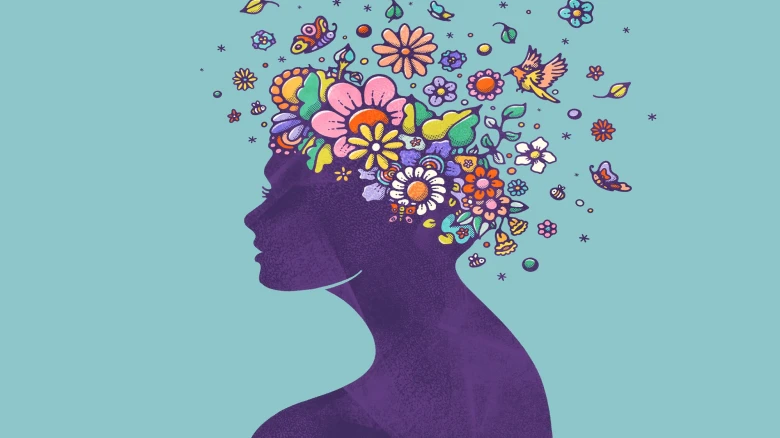Regional

Sleep is necessary for maintaining mental and physical well-being. A minimum of 7-8 hours of undisturbed sleep per night should be considered non-negotiable in order to avoid sleep debt, which we frequently try to cover up with midday naps or excessive sleeping hours on weekends. A good night's sleep does have some worth.
Digital Desk: Everyone
knows that mental health is just as essential as physical health, but are we
doing enough to care for our mental health on a daily basis? Some basic ways of
life that are ingrained in our culture have been scientifically demonstrated to
be useful for preserving healthy mental health. Mental health, like physical
health, is an ongoing process that can be enhanced with easy everyday routines.
Here are five ideas to get you started.
5 Lifestyle Changes to Uplift Your Mood And Confidence Everyday
mso-fareast-font-family:Arial;color:#09090A">1.
"Times New Roman";mso-fareast-theme-font:major-fareast;color:#09090A">Sleep
hygiene: Sleep is necessary for maintaining mental and physical
well-being. A minimum of 7-8 hours of undisturbed sleep per night should be
considered non-negotiable in order to avoid sleep debt, which we frequently try
to cover up with midday naps or excessive sleeping hours on weekends. A good
night's sleep does have some worth.
Arial;color:#09090A">2.
"Times New Roman";mso-fareast-theme-font:major-fareast;color:#09090A">Healthy
diet: This appears to be more common in terms of physical
well-being, but unrelated to mental health. A nutritious diet and a healthy
diet go a long way towards maintaining our gut health, which is directly tied
to our mental health. You may have noticed that when you have a stressful day
at work or are nervous before examinations, you have butterflies in your
stomach, and following complaints of gastritis, acidity, and constipation are
not uncommon.
Arial;color:#09090A">3.
"Times New Roman";mso-fareast-theme-font:major-fareast;color:#09090A">Leisure: Work
without recreation can dull the human intellect. Burn outs, which are common in
today's fast-paced culture, are caused by a lack of time for leisure and
extracurricular activities, which we abandoned as we became preoccupied with
work/exams and general life. When we don't make time to do things we enjoy, our
brain receptors for pleasure aren't triggered enough. Furthermore, unwinding
and sleeping are effective techniques to slow down and enjoy some me time.
Arial;color:#09090A">4.
"Times New Roman";mso-fareast-theme-font:major-fareast;color:#09090A">Social
interaction: There is some benefit in picking up the phone and phoning
an old buddy with whom you haven't spoken in a long time. Humans are social
organisms with a strong yearning to belong. Our mental health can suffer when
this essential need is undermined in a fast-paced world. Indian culture, which
is abundant in festivals throughout the year, allows us to engage in social
relationships. So, the next time you skip coming to a Diwali or Christmas celebration,
reconsider.
5.
major-fareast;color:#09090A">Exercise: The Hindu way of
life has always included some basic yoga asanas (postures) and pranayams
(breathing exercises) (breathing exercises). Western science has demonstrated
that simple stretching and breathing, which are ancient in our culture, are
useful for healthy mental health. So, the next time you're stressed, look into
our yoga culture for some healthy alternatives.
Leave A Comment